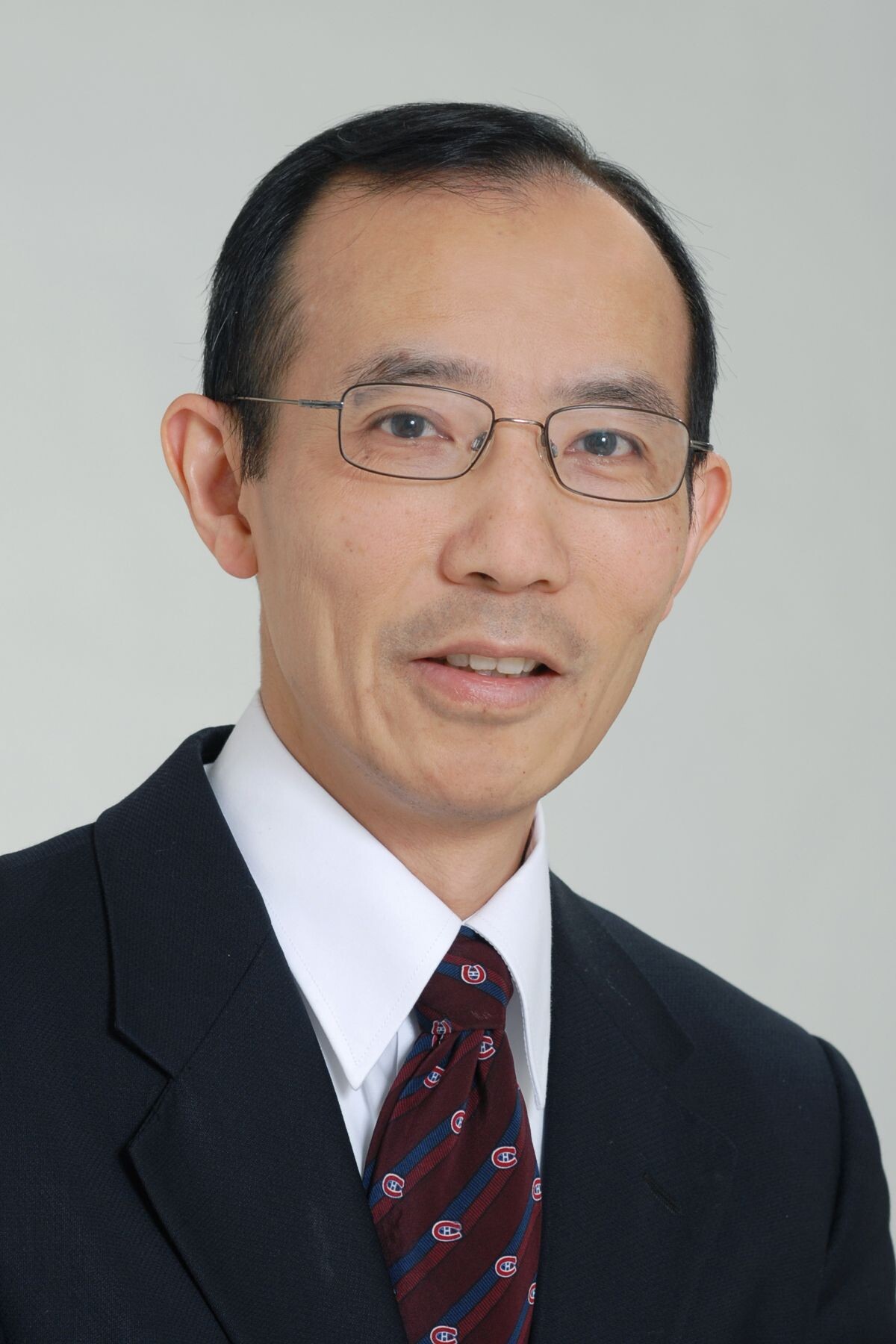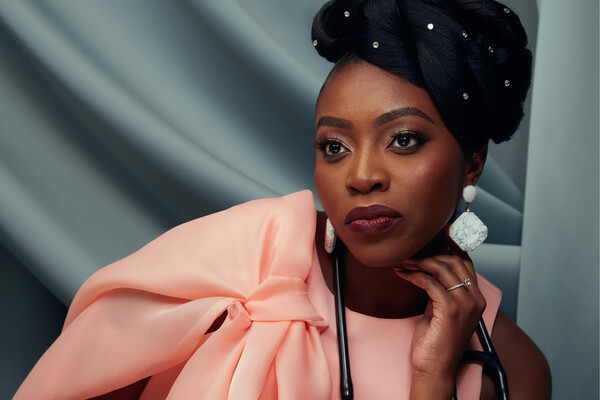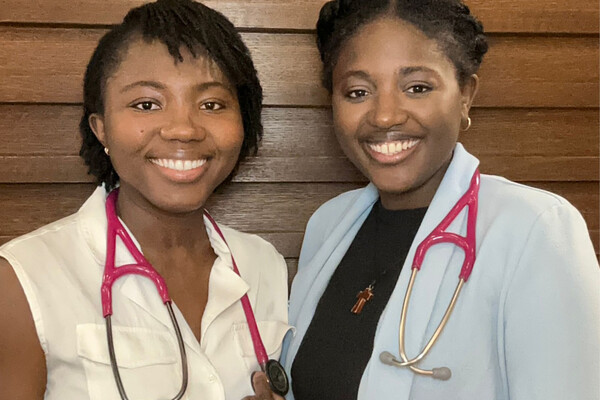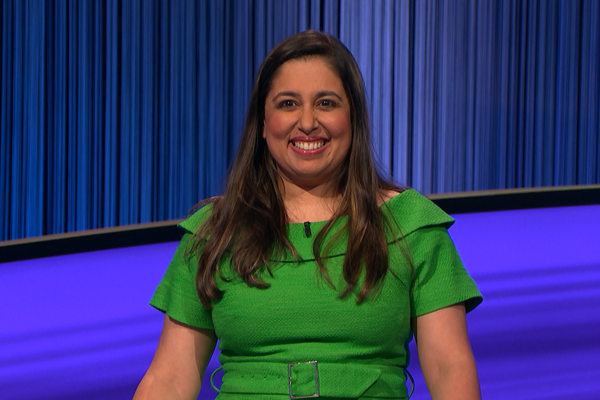Urology and University Life: Dr. Joseph Chin, MD ’78

Dr. Chin, MD ’78 graduated from the University of Toronto’s Faculty of Medicine then completed his Urology training at the University of Western Ontario in 1983 and is now Professor of Urology and Oncology at Western University in London, Ontario.
He has been a Canadian leader in minimally invasive procedures for prostate cancer such as cryoablation, High Intensity Focused Ultrasound and robotic-assisted laparoscopic prostatectomy. He was appointed to the Order of Ontario in 2011 and was a recipient of the Queen’s Diamond Jubilee medal for his contributions in the prevention and treatment of prostate cancer as well as patient and public education and fundraising for research. In 2017 he was presented with the Lifetime Achievement Award from the Canadian Urological Association.
My proudest accomplishments are teaching and mentoring.
A leading expert in urology surgery and prostate cancer research, Dr. Joseph Chin is also a committed academic and teacher. He spoke with Faculty of Medicine’s Julie Lafford about his career.
How did you come to choose a career in urology?
I really enjoyed my clerkship during fourth year at the former Wellesley Hospital. I rotated through urology when Dr. Michael Jewett, Professor of Surgery, and former Chair of Division of Urology at UofT, was a young staff physician at the time. He was a wonderful teacher and mentor to me and inspired me to pursue a career in urology. Michael also asked me to write part of a chapter with him and that was my first publication — it was quite a thrill to be published as a clerk.
After graduation, I was an intern at the Wellesley where I got to spend more time with Dr. Jewett, along with Drs. Keresteci and Rankin who were also great mentors. Serendipitously, I got into the urology residency program at Western University in London instead of UofT, and have stayed there ever since.
Tell me more about your career.
After residency I was interested in academic urology. Western was well known for their clinical programs, and Urology here was a very high-quality program, but they were not as focused on the academic and research side of things. So I went on to do two fellowships, one in cancer immunology in the United States, and the other in renal transplant immunology. I was motivated to return to Western and bring an academic focus with me.
I served as Residency Program Director and subsequently, Chair of Division of Urology here at Western and I’ve been active with the Royal College throughout my career. I was Chair of the Specialty Committee for Urology, which oversees the curriculum for all programs across the country, specifically training and evaluation. Before that, I was Chief Examiner overseeing the exam process every year — from exam design to execution to adjudication. These roles really keep you on your toes when evaluating your own program.
What is the accomplishment you’re most proud of?
I’m very proud of the residents I’ve trained, many of whom stay in touch. Ten years ago we established a two-year academic fellowship in Urologic Oncology. We only take one fellow per year — they are fully trained when they arrive, but they really sharpen their surgical and research skills while they are here and go on to become leaders in the field. I sometimes get random emails from Hawaii, Auckland NZ or Newfoundland asking for advice on cases, and it is gratifying that they still think I can contribute. It’s nice to see former residents and fellows doing well across the country and all over the world.
I’m proud of the trials and publications I’ve done too, and I’ve had lots of collaborators, but my proudest accomplishments are teaching and mentoring. I find that there’s greater impact to know that there are residents and fellows out there who still care to reach out, though no one else would know about it. It’s more important to me than things like publications.
I’ve also had the benefit of a very supportive wife and three great kids, my daughter is an occupational therapist, one son is an ear, nose and throat (ENT) surgeon (he did a U of T fellowship), and the youngest is in residency in Family and Community Medicine in Toronto. My kids still ask me for advice for things like submitting a grant proposal.
What words of wisdom do you have for current U of T trainees?
Residents really need to focus because you have five years to set the tone for the rest of your career. Learn as much as possible from all the teachers around you and integrate all the different tricks and skill sets and then set your own style.
News


